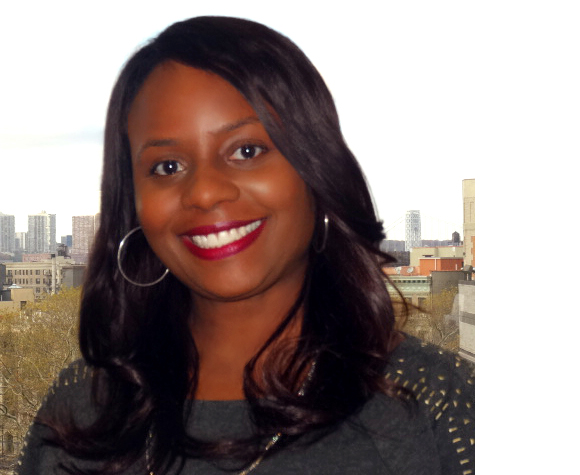Colin Powell School
 Guiding Psychology Students During the Pandemic: Tiffany Floyd on Becoming Director of Master in Mental Health Counseling MA Program in 2021
Guiding Psychology Students During the Pandemic: Tiffany Floyd on Becoming Director of Master in Mental Health Counseling MA Program in 2021
Professor Tiffany Floyd, an expert in reducing gender-based health disparities, became the director of the Masters Program in Mental Health Counseling (MHC) earlier this year. Professor Floyd is a clinical psychologist whose research and clinical work focus on reducing health disparities. Her specific areas of interest include mood disorders, women’s health, behavior change, and prevention/risk reduction. After receiving her PhD from Temple University, Floyd completed a two-year postdoctoral fellowship at Memorial Sloan-Kettering Cancer Center (MSKCC) in New York, where she developed several grant-funded projects aimed at reducing cancer risk among low income and/or racial and ethnic minority females. At CCNY she teaches undergraduate and graduate courses in personality science and group dynamics/group counseling and provides clinical supervision to graduate students.
What unique challenges did you face as you assumed leadership of the MHC program in the middle of the ongoing pandemic?
One of my top priorities has been to ensure that our students have the information, resources, and support they need to navigate this unusual time. This pertains not only to CCNY-specific factors, but also to the various professional training requirements associated with their path towards licensure. As a result, it has been extremely important for me to stay abreast of various factors affecting their requisite education and training, and to make sure that they have accurate and up-to-date information to support them in completing their degree. Hosting regular program-wide town hall meetings, enhanced oversight of clinical internships, and implementing new systems for connecting with students are just a few of the tools that have been introduced during this period, and that will remain key features of the program. After a year with so much uncertainty, it is important to provide students with as much clarity and guidance as we can. Above all, I want students to know that they are not alone. We are here to help them successfully negotiate the various demands of this unique period of time.
Where do you see the MHC program going in the future?
I am very excited about the future of the MHC program. I see it expanding in both size and strength in the years to come, beginning with growing the number of program faculty and increasing our admission capacity by at least 50%. We are also eager to add CACREP (Council for the Accreditation of Counseling and Related Educational Programs) accreditation to the list of attributes that attract so many students to the program each year. Adopting CACREP’s nationally-recognized set of standards will make it even easier for our graduates to transfer their professional license across state lines, making it yet another major draw for the program.
The need for quality mental health care has risen dramatically in the past year, making the MHC program’s role in producing well-trained, highly effective counselors more vital and salient than ever. It is extremely gratifying to know that our program contributes to the body of professionals equipped to meet the mental healthcare needs of diverse communities.
As a clinical psychologist with a focus on health disparities, I am deeply committed to the MHC program’s mission to increase diversity among mental health counselors working in the community. I am excited about the opportunity to further this mission in the years to come.